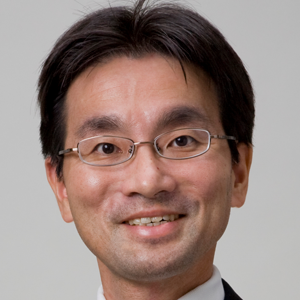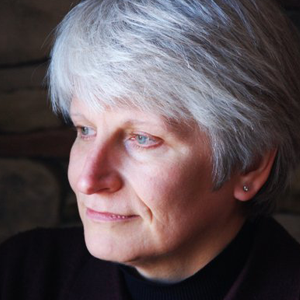Friday September 13, 2019

Professor Gareth Barnes
Wellcome Trust Centre for Neuroimaging
UCL, London UK
Title
Moving optically pumped magnetometers toward clinical application
Professor Barnes’ main interest is Magnetoencephalography (MEG), the measurement of magnetic fields created by electrical activity in the human brain.
Most of his research has been the on the development of methods to estimate brain activity based on these measurements and the verification that these methods work through simulation, or comparison with what we know about brain anatomy and function from techniques such as MRI and fMRI and direct invasive recordings from the cortical surface.
The main aim of his work, and the goal of most MEG researchers, is to provide a millisecond by millisecond picture of the electrical activity changes in the human brain.

Mitsuru Kikuchi MD PhD
Faculty of Medicine, Institute of Medical, Pharmaceutical and Health Sciences, Kanazawa University
Topic
Hybrid MEG
Saturday September 14, 2019

Aina Puce, PhD
Programs in Neuroscience & Cognitive Science, Indiana University, USA
Senior Editor, NeuroImage
Associate Editor, Perspectives on Psychological Science
Topic
COBIDAS MEEG: An attempt to integrate best practices in MEG and EEG
My research interests lie in the brain basis of social cognition – in particular related to non-verbal communication. In my Social Neuroscience lab we study how information that is perceived consciously or unconsciously leads us to make decisions about the intentions, goals and mental states of others.
My research involves the integrated use of functional and structural magnetic resonance imaging (MRI), infrared eye tracking, high-density electroencephalography (EEG) and transcranial magnetic stimulation (TMS) to understand brain function in human subjects. I also collaborate with scientists who perform MEG studies. By investigating structural and functional connectivity patterns in the brain as subjects engage in evaluating the social behaviors of others, we can begin to develop insights into how the human brain processes incoming the dynamic and fleeting social information in our environment.
Science is important, but must be based on a solid scaffold of reliable scientific method. To that end, I have co-written a textbook on MEG-EEG methods [Riitta Hari & Aina Puce (2017) MEG-EEG Primer, New York, Oxford University Press] and am active in an international effort devoted to encouraging and developing best practices in various neuroimaging methods, open science and data sharing.

Daniel Buchman, BA, MSW, PhD
Clinician Investigator, Krembil Research Institute (Krembil)
Assistant Professor (Status-Only), Division of Clinical Public Health, Dalla Lana School of Public Health, University of Toronto
Member, Joint Centre for Bioethics, University of Toronto
Associate Member, School of Graduate Studies, University of Toronto
Topic
Ethics of handling Big Data
